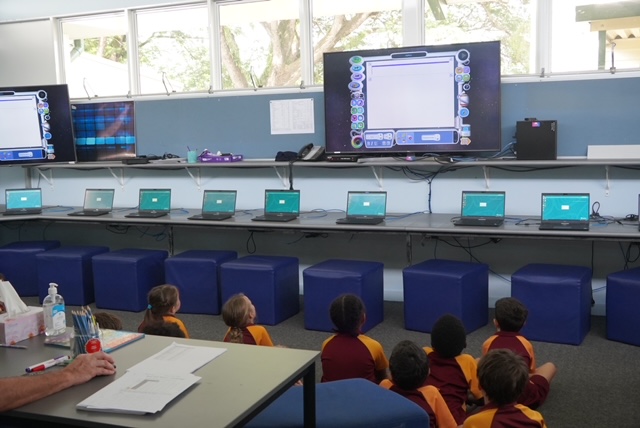The integration of Information and Communication Technology (ICT) into the Australian Curriculum, spanning from Prep to Year 10, is designed to empower students with the skills and knowledge necessary to thrive in the digital age. Across all learning areas, students engage in tasks associated with information access and management, creative expression, problem-solving, and communication. This inclusive approach ensures a holistic development of capabilities, ranging from conducting research and creating multimedia products to analyzing data and designing solutions.
However, the use of ICT is not without its responsibilities. At all times, students are expected to adhere to the Student Code of Conduct and any specific rules established while utilizing ICT services, facilities, and devices. This dual emphasis on both technological proficiency and ethical conduct reflects a comprehensive strategy to prepare students for the challenges and opportunities presented by the digital world.
The application of the Student Code of Conduct and school-specific rules ensures that students act with confidence, care, and consideration while navigating the digital landscape. It promotes responsible behaviour, fostering a safe online environment where students can collaborate, learn, and express themselves securely. Moreover, it instils the principles of good digital citizenship, emphasizing the broader impact of one's actions online and encouraging students to apply their ICT knowledge with integrity.
In essence, the combined approach ensures that students not only develop the necessary ICT skills but also cultivate a sense of ethical responsibility, integrity, and respect in their digital interactions. Through this integrated strategy, the curriculum aims to produce well-rounded individuals who are not only proficient in technology but also conscientious and considerate digital citizens.
